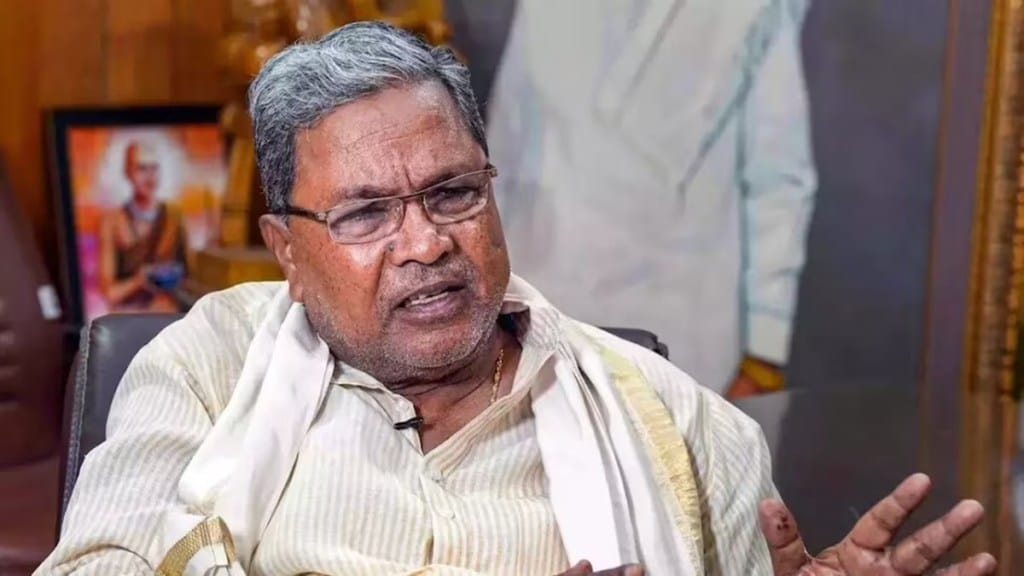The Karnataka government has paused and will further study a bill that mandates private firms in the state to reserve jobs for Kannadigas. Cleared on Monday, the bill requires companies in India’s IT capital to prioritise local hires for 70% of non-management roles and 50% of management-level positions.
Chief Minister Siddaramaiah announced on X that the bill, intended to implement reservation for Kannadigas in the private sector, is still in the preparation stage. A final decision will be made after thorough discussion in the next cabinet meeting.
The quota announcement was first made by the Chief Minister on Tuesday evening. He emphasized that his “pro-Kannada government” aims to ensure all Kannadigas have the opportunity to lead a comfortable life in their homeland and avoid being deprived of jobs in Karnataka. However, his post mentioned a 100% reservation at certain levels, sparking controversy.
Business leaders like Biocon’s Kiran Mazumdar-Shaw and the opposition, led by the BJP, criticized the Congress government. However, Union Minister Ramdas Athawale supported measures benefiting backward classes, including OBCs, SCs, and STs.
The Chief Minister’s post was later deleted after clarification from Labour Minister Santosh Lad. He stated that the reservation would be 50% at the management level and 70% at the non-management level. If suitable skilled candidates are not available locally, companies could hire from outside the state.
The proposed bill, drafted by the Labour Department, claimed that jobs were predominantly going to people from northern states who were then settling in Karnataka. It suggested that companies benefiting from state-provided infrastructure should reserve jobs for locals, reflecting recommendations from the Sarojini Mahishi Committee.
The policy received mixed reactions. Some businesspersons called it discriminatory, while others, like Mazumdar-Shaw, acknowledged the need to ensure jobs for locals but expressed concerns. Software industry body Nasscom warned that the bill could drive companies away due to a shortage of local skilled talent.
In response to these concerns, Lad said he would discuss the issue with industry representatives, respecting their apprehensions and views.


